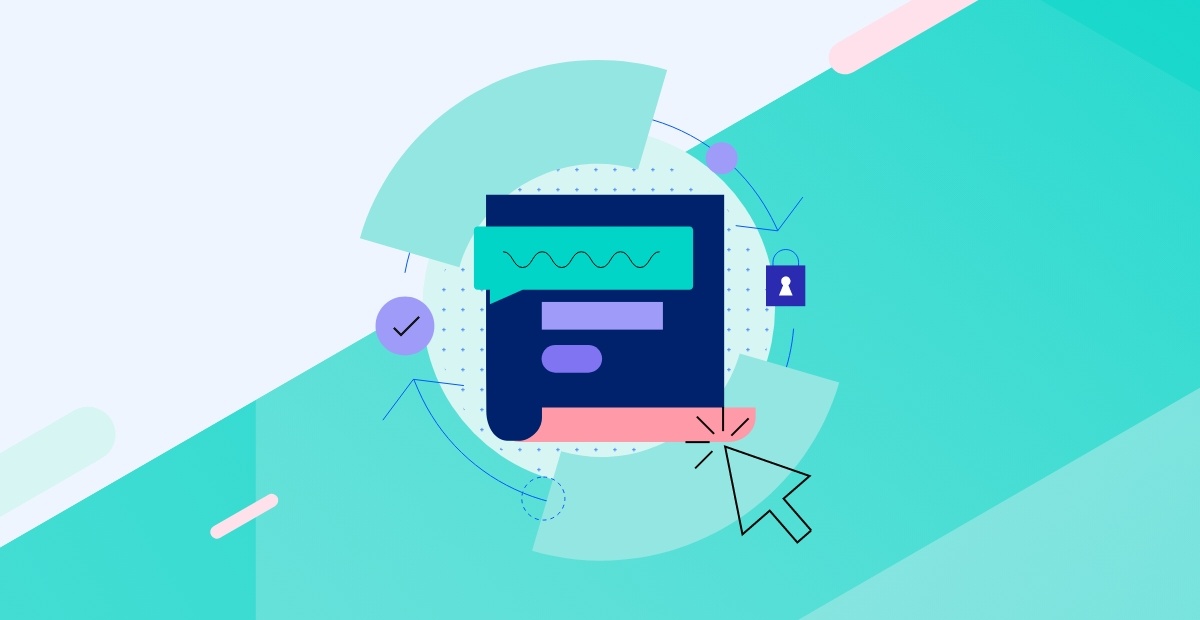Podcast: Why Cyber Hygiene Is So Important

In this podcast, Dr. Arun Vishwanath joined the podcast to discuss the theory of cyber hygiene, what it is, and why it needs to become part of everyone's vocabulary.
Last decade, we witnessed an exponential rise in ransomware, malware, and other zero-day vulnerabilities that took down businesses around the globe. This decade doesn’t look to be much better in terms of cybersecurity. It isn’t that the general population isn’t becoming more aware. There is so much misinformation on how to protect your data and devices that many of us take the wrong advice without considering the source of information.
None of us are perfect, and while we may get away with a missed shower here or not washing our hands without getting a nasty cold or flu, we can’t really apply the same logic to cybersecurity. It’s because computers are inherently insecure, and the viruses in the cyber world attack the very fabric of what makes us human--human error and social engineering.
The problem with cyber hygiene is that you can’t compare it to your personal health. But the problem is getting worse, and something needs to be done.
Dr. Arun Vishwanath, who is a technologist affiliated with Harvard University joined the Defrag This podcast to discuss this problem. Arun has authored more than two-dozen peer-reviewed research papers on the science of cybersecurity and is an expert on the people problem that is the catalyst in the spread of malware. Arun recently published an article on Infosecurity Magazine's website, which was the catalyst to this discussion.
You can check out Arun's website to learn more about cyber hygiene and the other psychology around cyber security in the modern era. Arun has also created a detailed research paper on cyber hygiene.

